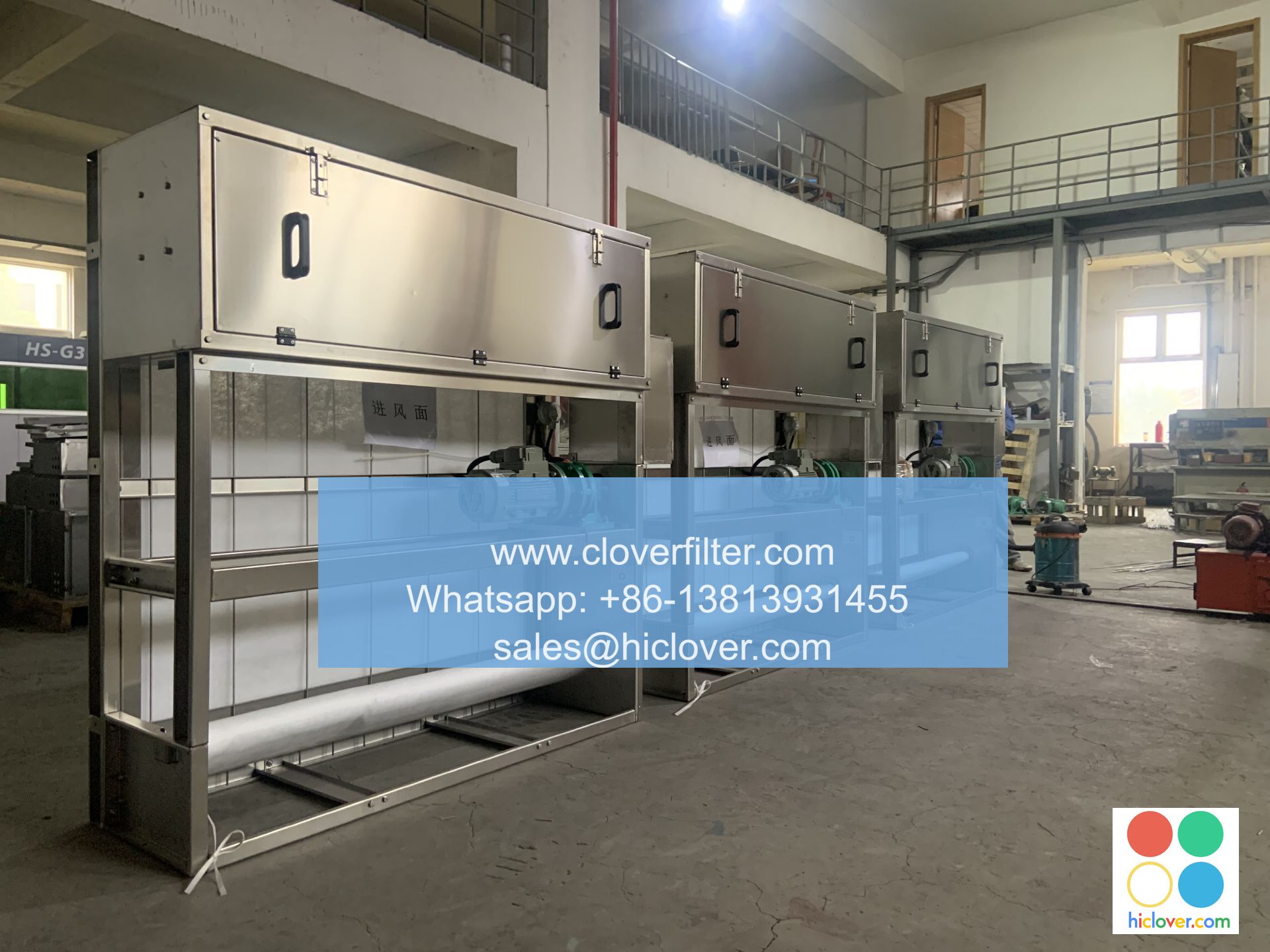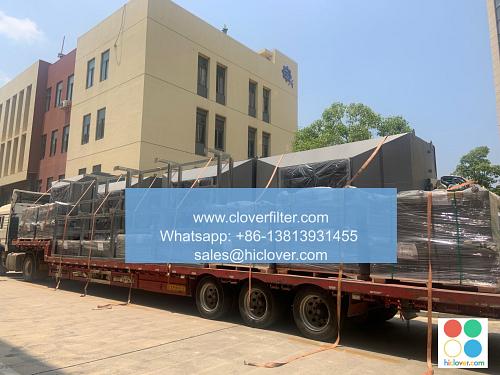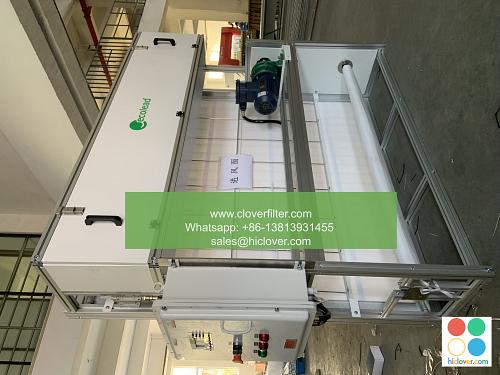Air Filter Production: Engineering for Quality and Reliability

Air filter production is a critical process that involves designing and manufacturing filters to remove contaminants and pollutants from the air. The goal of air filter production is to create high-quality filters that are reliable, efficient, and effective in improving indoor air quality. In this article, we will discuss the engineering aspects of air filter production, highlighting various application areas and key technologies used in the process.
Introduction to Air Filter Production
Air filters are used in a wide range of applications, including heating, ventilation, and air conditioning (HVAC) systems, industrial processes, and air purification systems. The production of air filters involves several stages, including design, testing, and manufacturing. The quality and reliability of air filters are crucial in ensuring the health and safety of people, as well as the efficiency and productivity of industrial processes.
Key Technologies in Air Filter Production
Several key technologies are used in air filter production, including nanofiber technology, membrane technology, and activated carbon technology. These technologies enable the production of high-performance air filters that can capture a wide range of pollutants, including particulate matter (PM), volatile organic compounds (VOCs), and nitrogen dioxide (NO2). The use of these technologies has improved the efficiency and effectiveness of air filters, making them an essential component of indoor air quality (IAQ) systems.
Application Areas of Air Filters
Air filters have a wide range of applications, including:
- Residential HVAC systems: Air filters are used to improve indoor air quality and reduce the risk of respiratory problems.
- Industrial processes: Air filters are used to remove pollutants and contaminants from the air, improving the health and safety of workers.
- Commercial HVAC systems: Air filters are used to improve indoor air quality and reduce energy consumption.
- Air purification systems: Air filters are used to remove pollutants and contaminants from the air, improving indoor air quality.
- Automotive systems: Air filters are used to improve the performance and efficiency of vehicles.
Quality Control and Testing
Quality control and testing are critical stages in air filter production. The quality and reliability of air filters are ensured through a series of tests, including filtration efficiency tests, pressure drop tests, and durability tests. These tests ensure that air filters meet the required standards and specifications, including ASHRAE standards and ISO standards.
Conclusion
In conclusion, air filter production is a critical process that involves designing and manufacturing filters to remove contaminants and pollutants from the air. The use of key technologies, such as nanofiber technology, membrane technology, and activated carbon technology, has improved the efficiency and effectiveness of air filters. Air filters have a wide range of applications, including residential HVAC systems, industrial processes, commercial HVAC systems, air purification systems, and automotive systems. Quality control and testing are critical stages in air filter production, ensuring that air filters meet the required standards and specifications. By highlighting various application areas and key technologies used in air filter production, we can appreciate the importance of engineering for quality and reliability in this critical process. You haven’t asked a question or provided any context. What would you like to talk about or ask? I’ll do my best to help.


